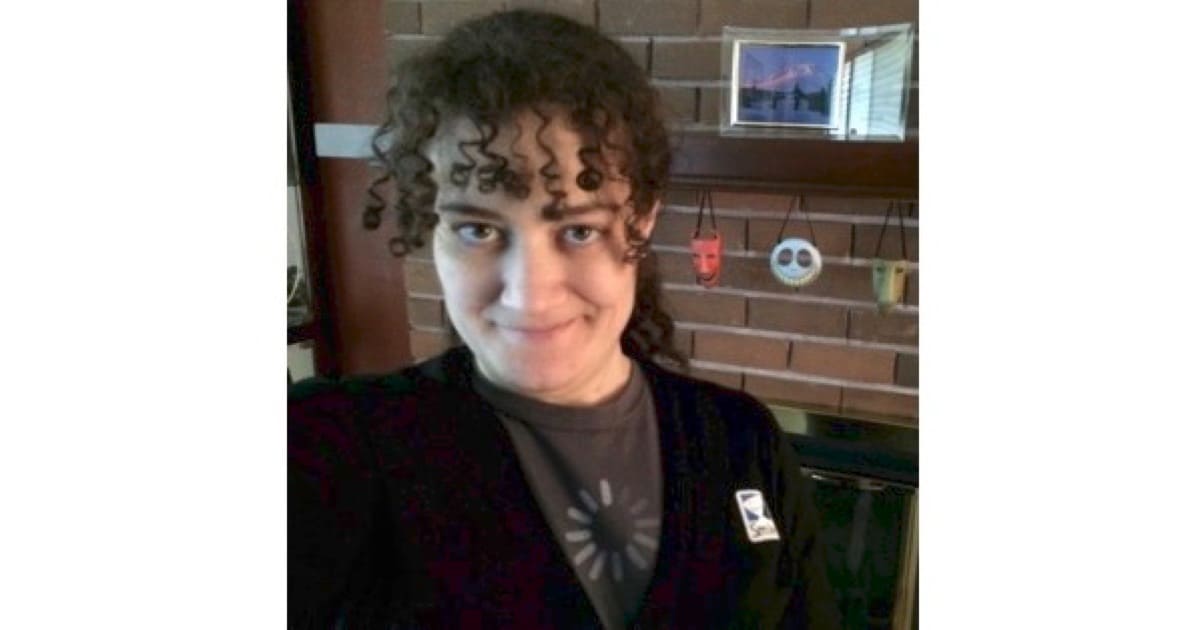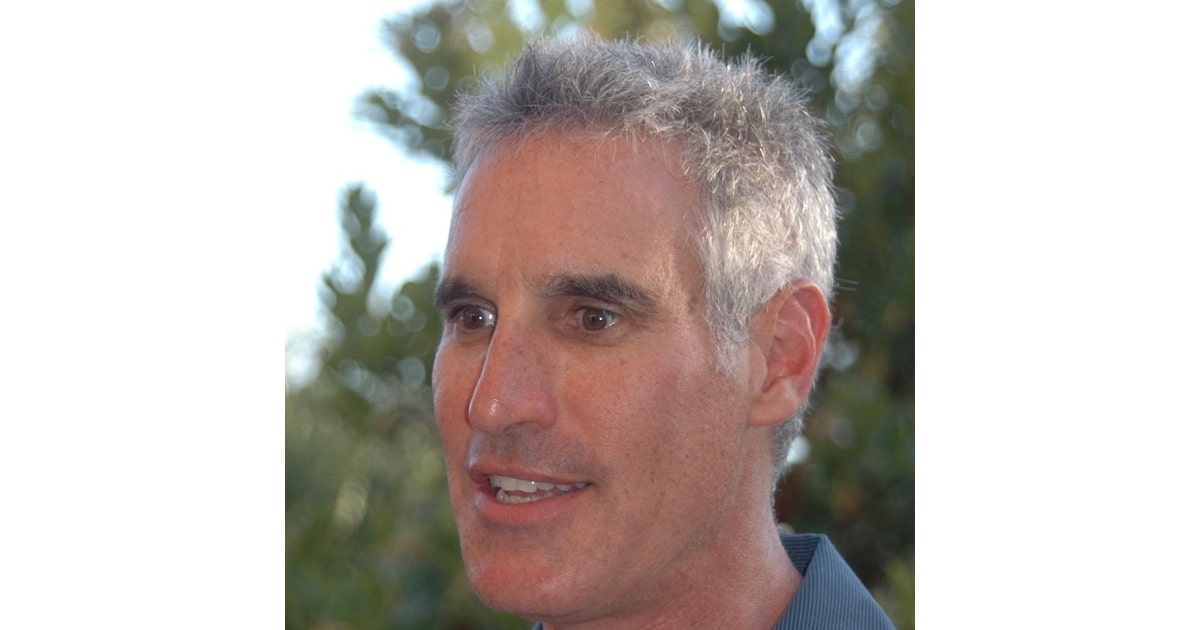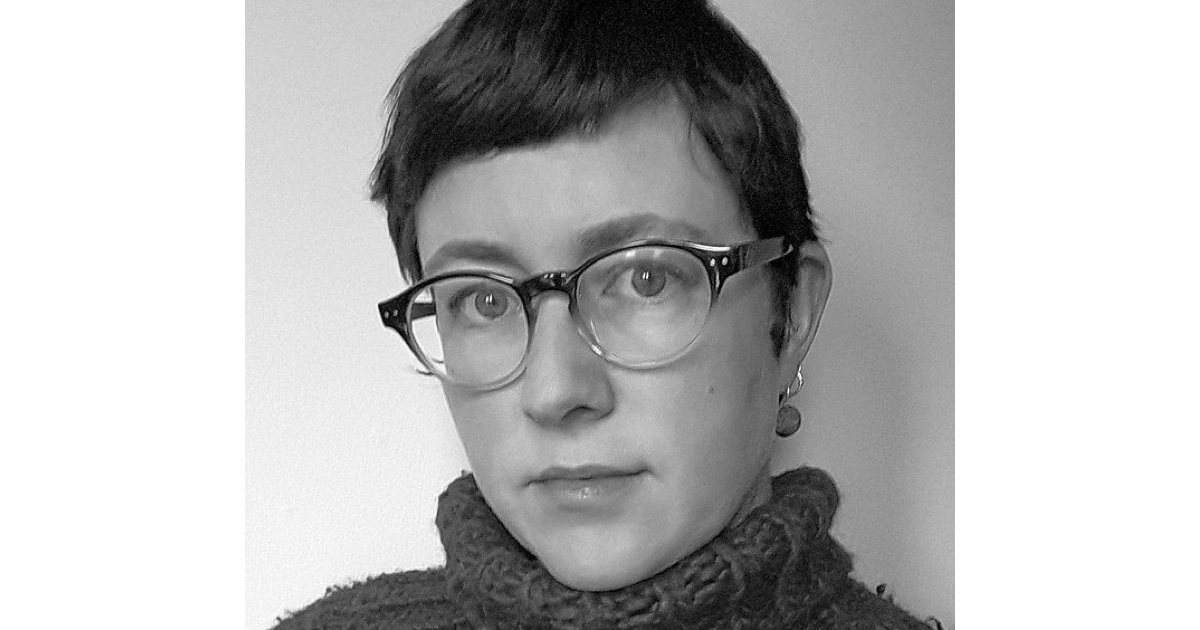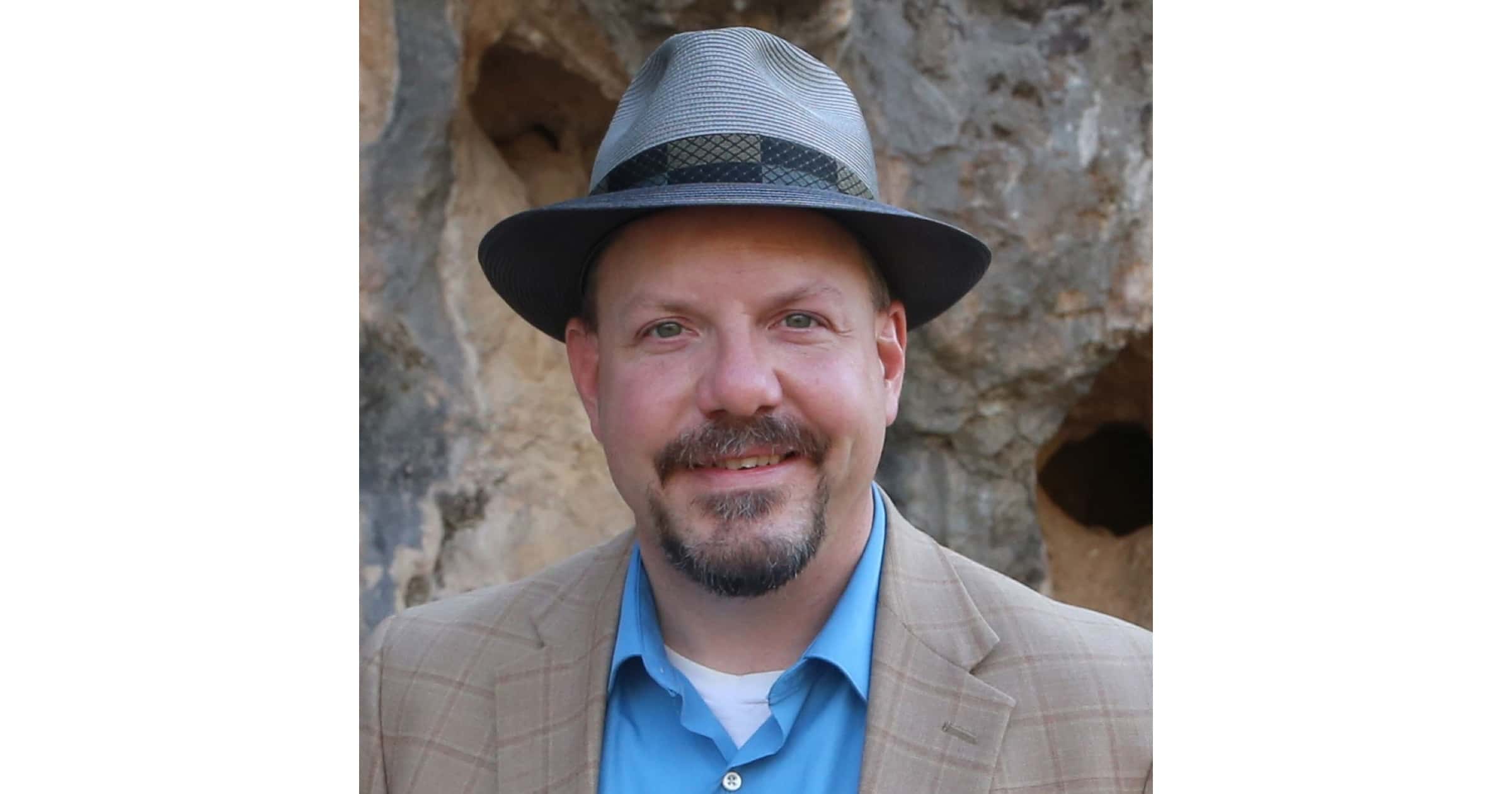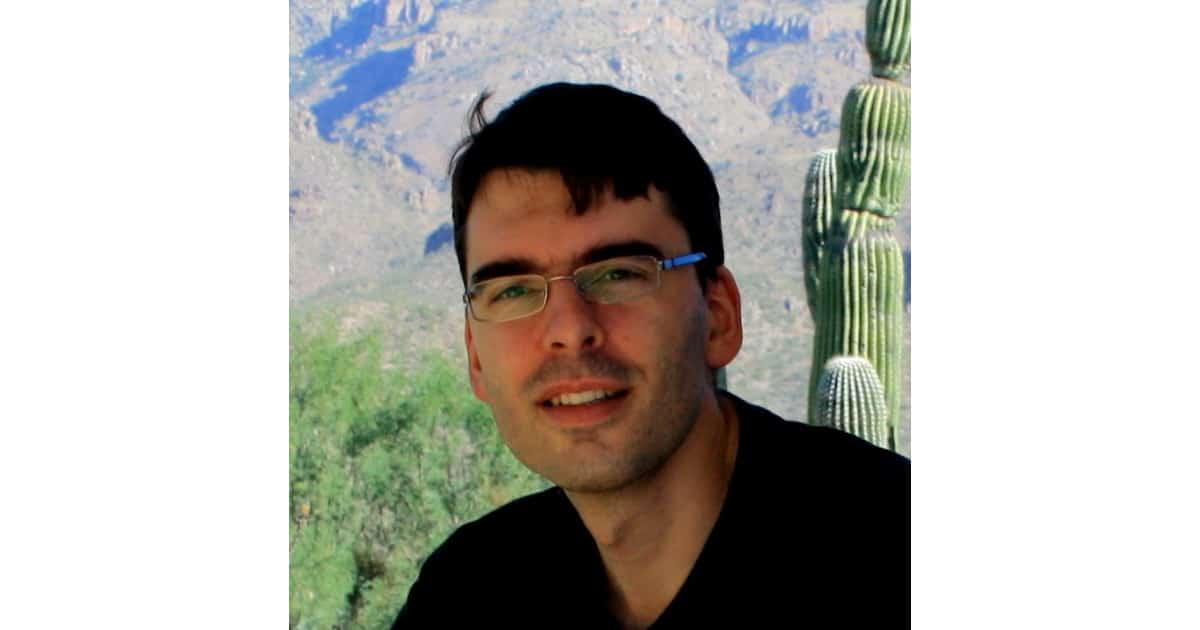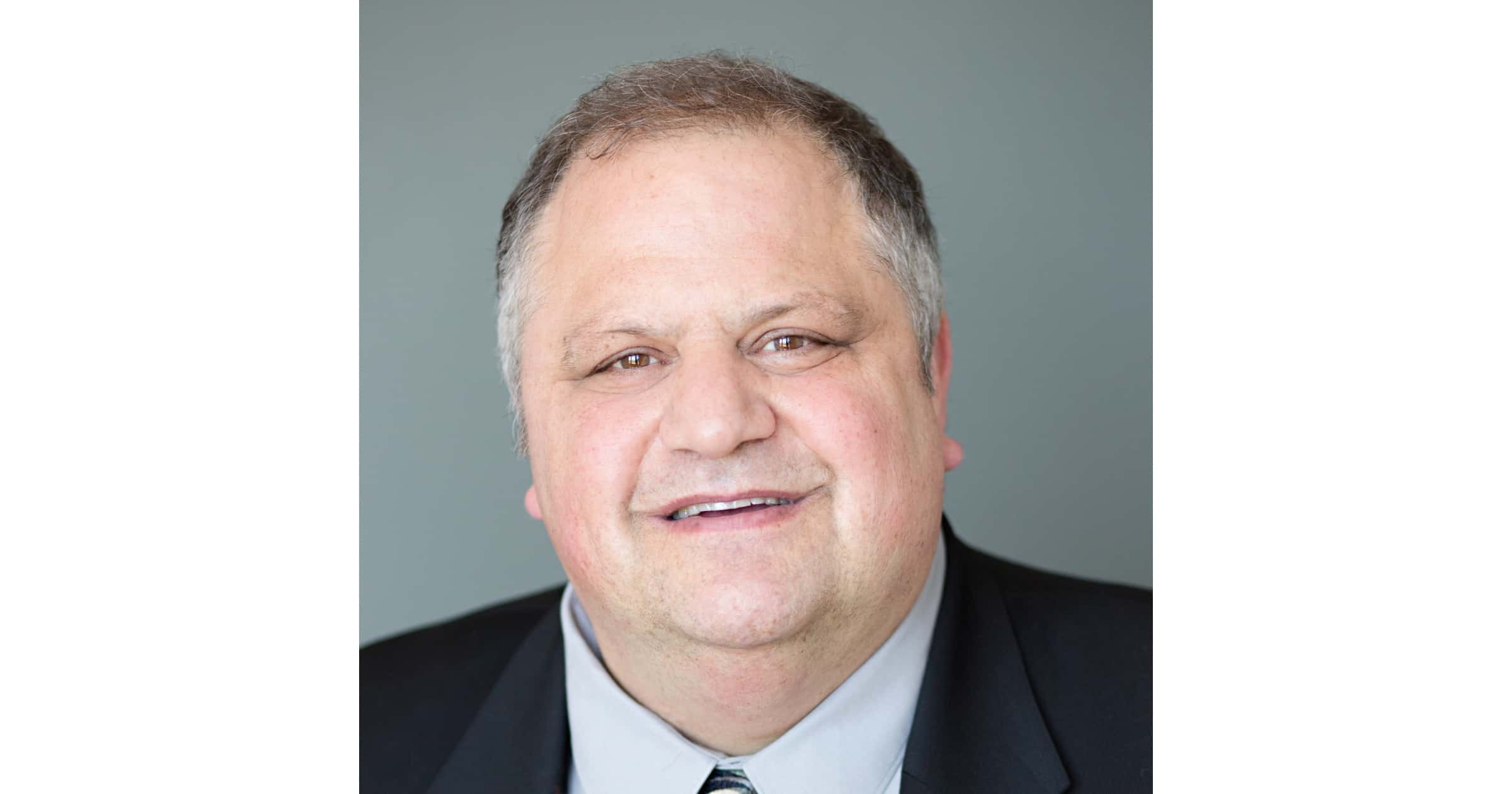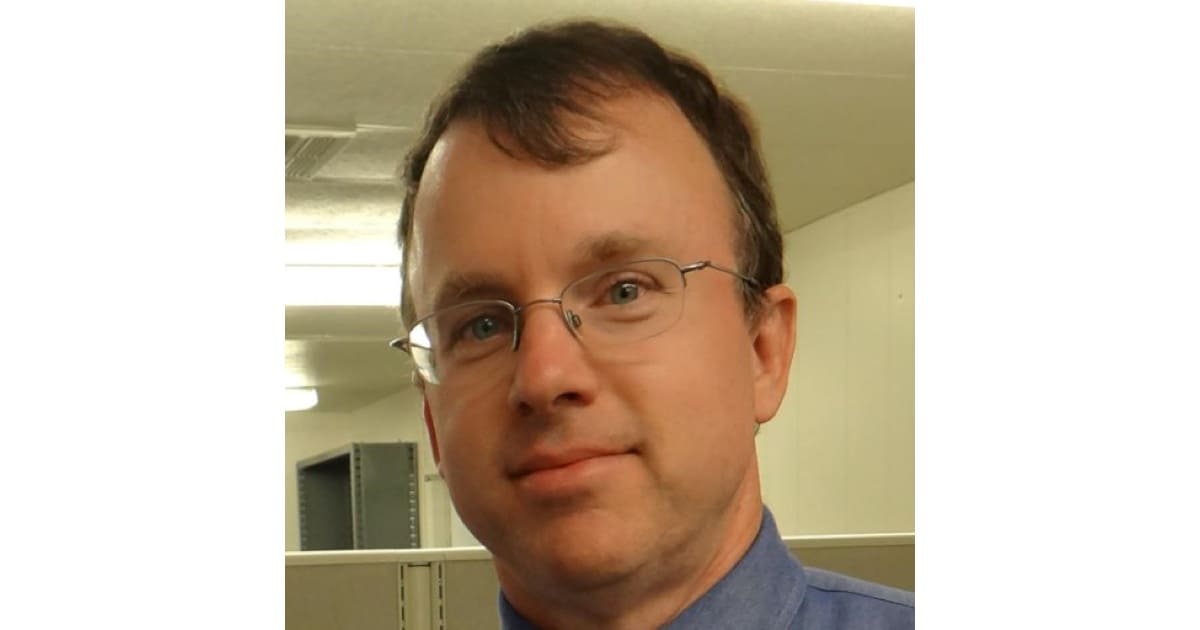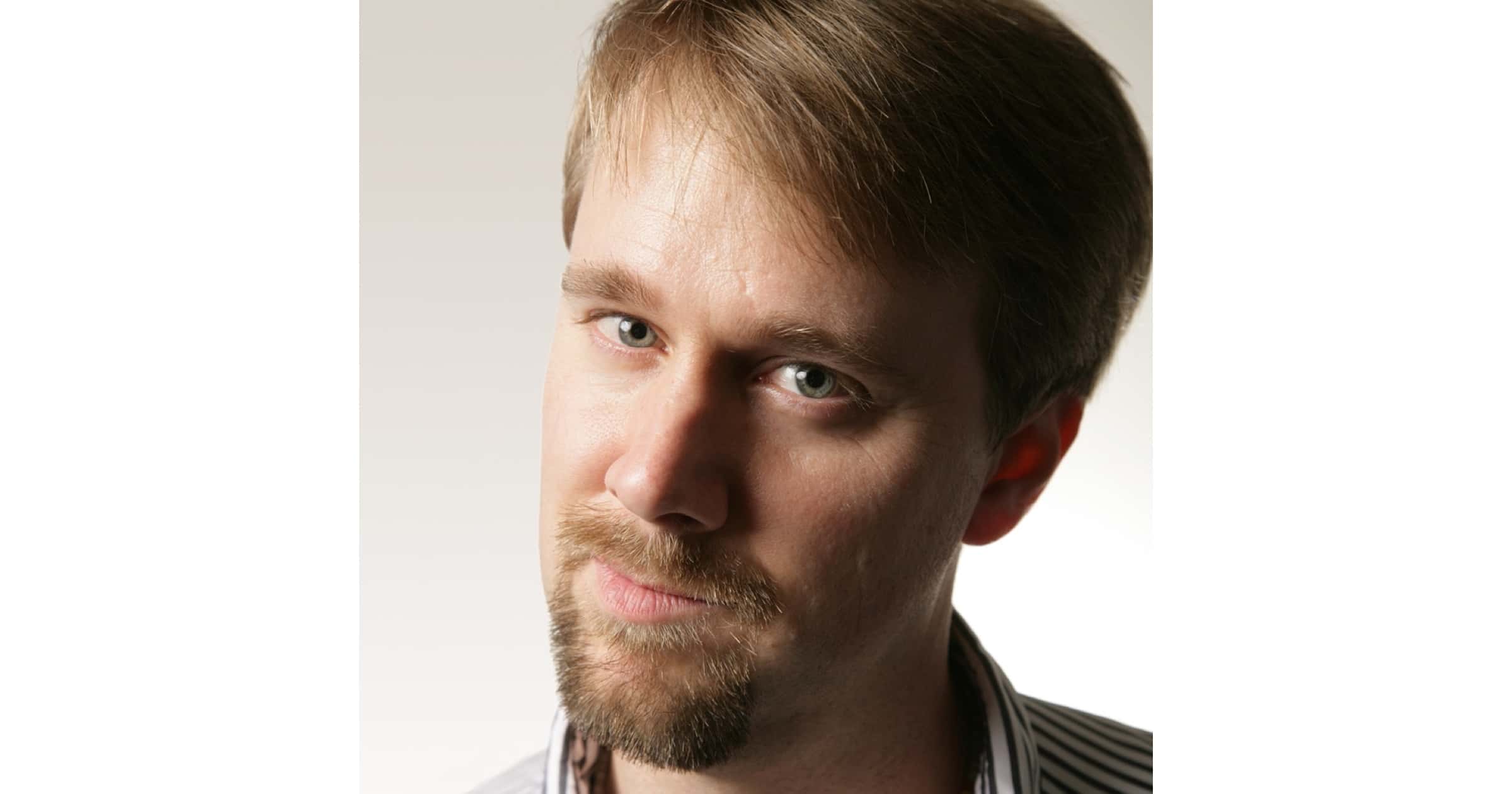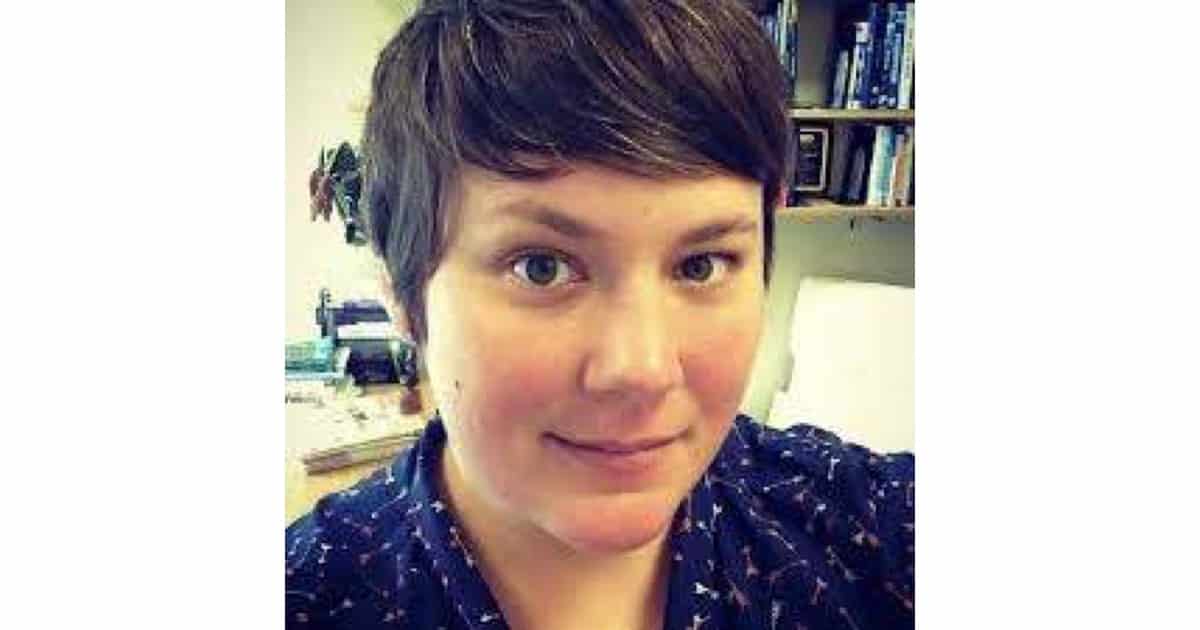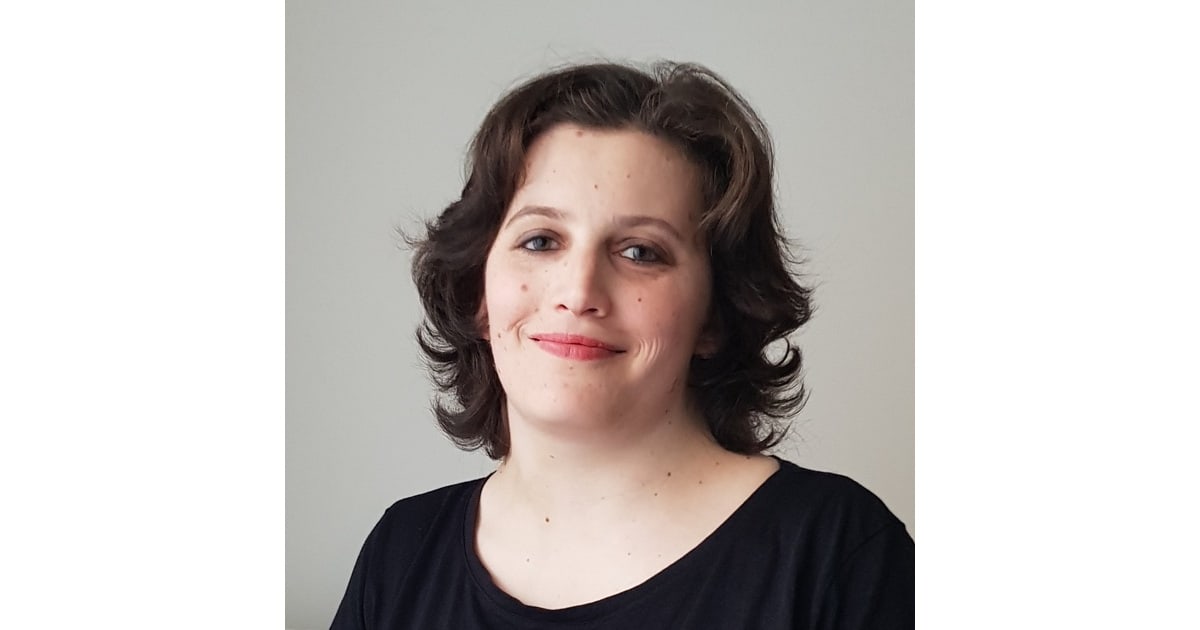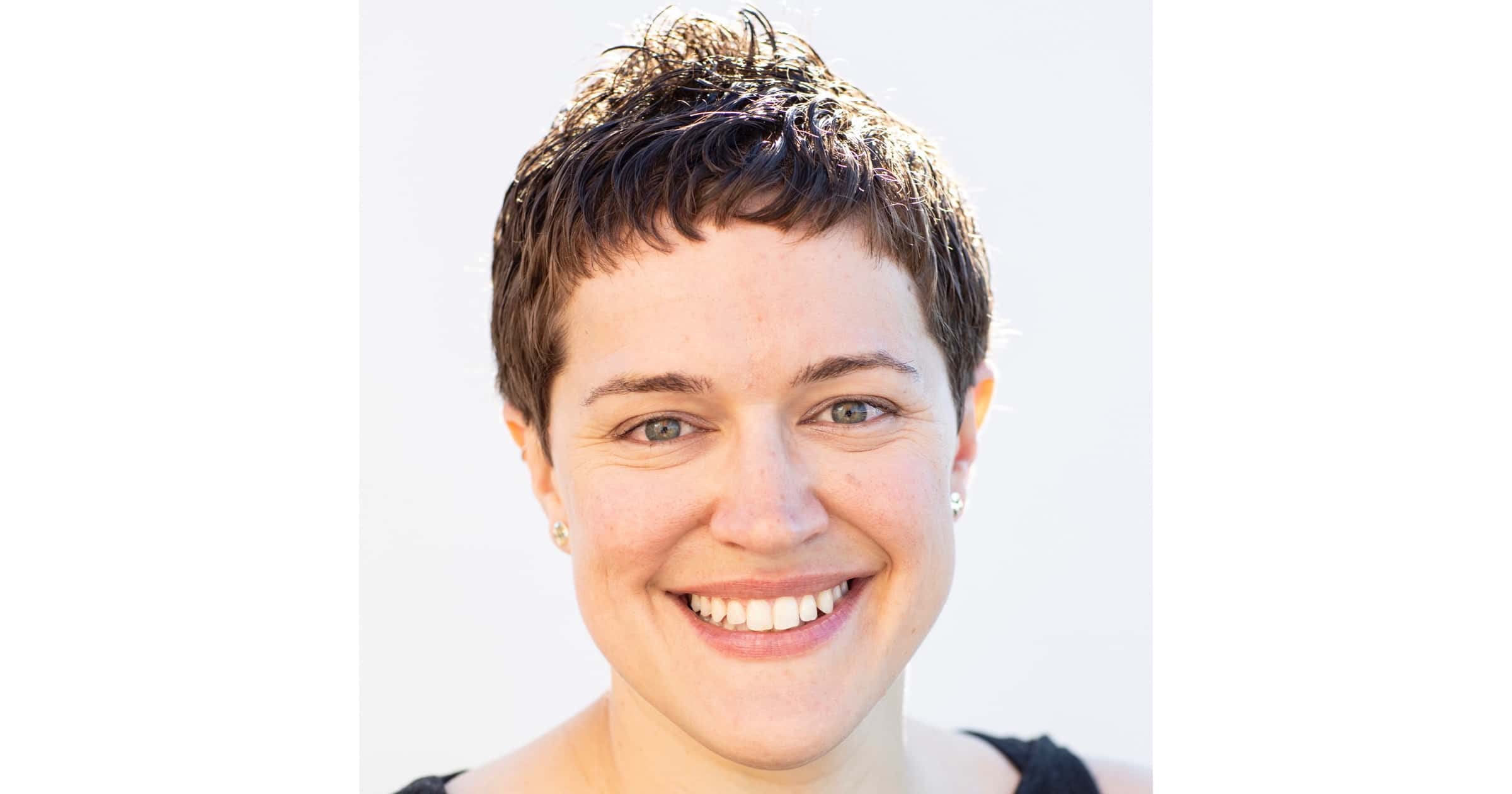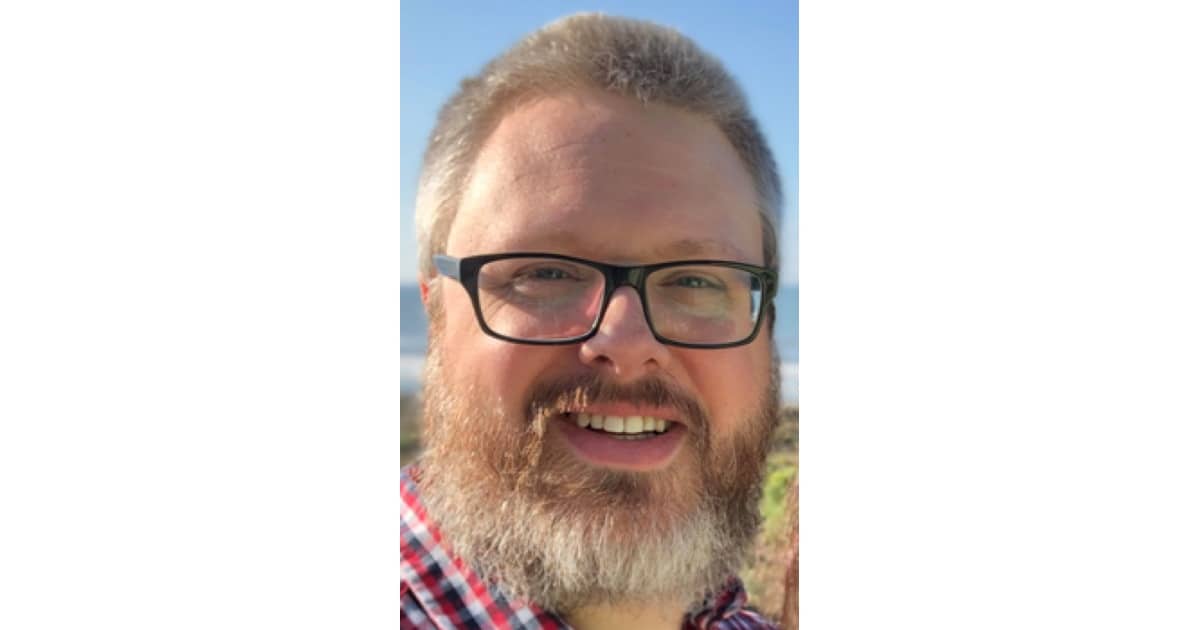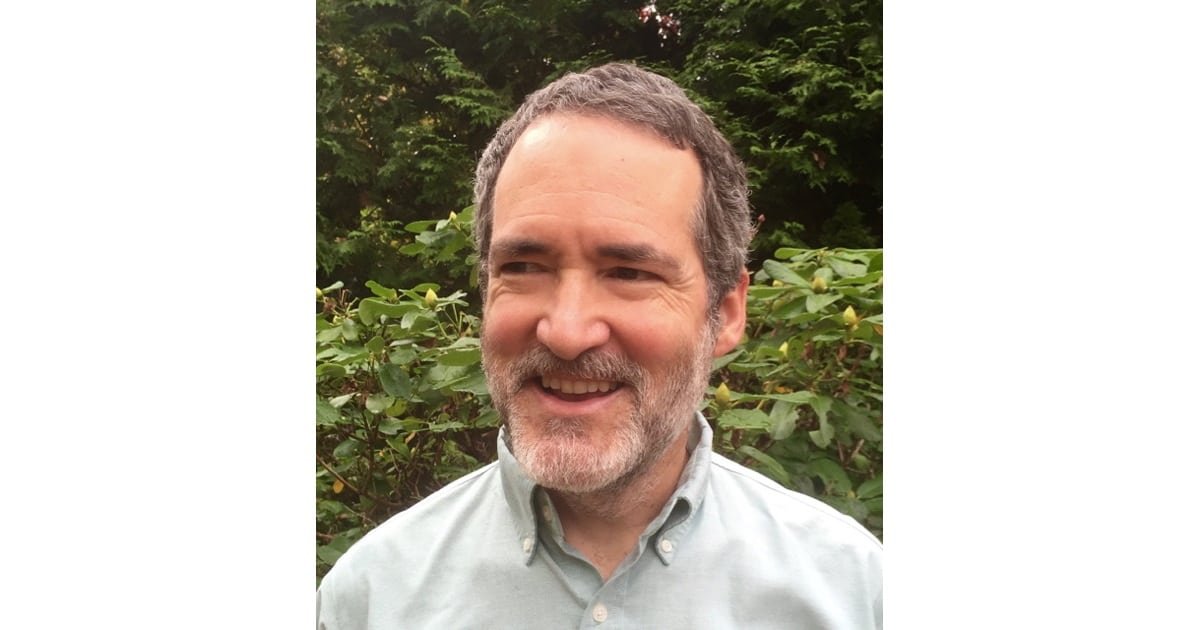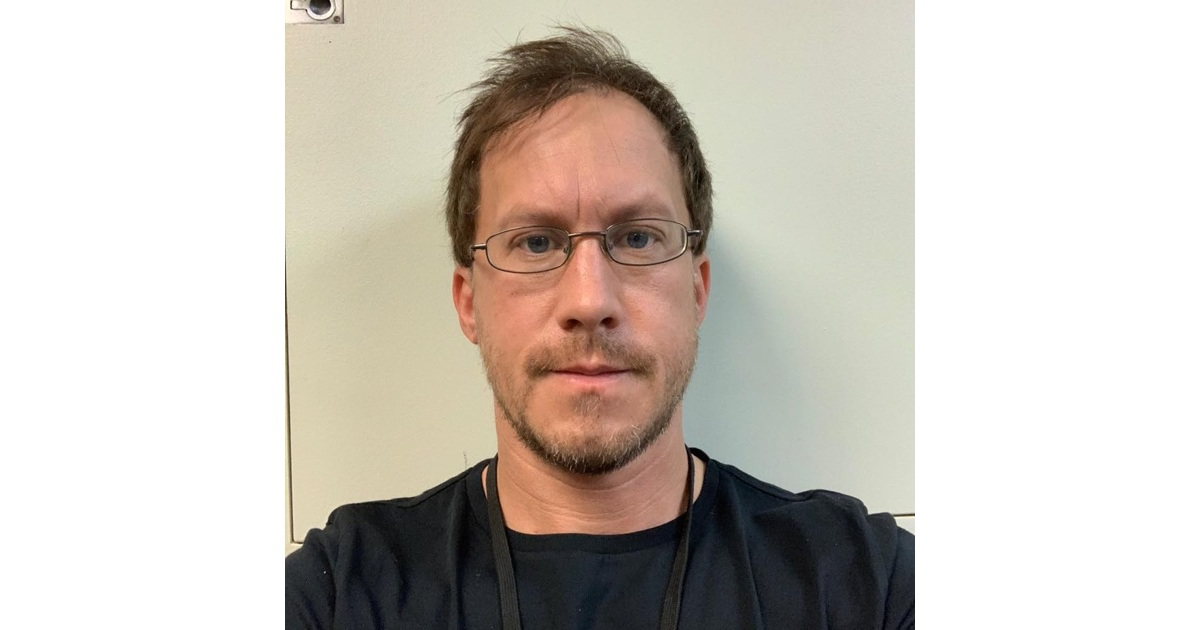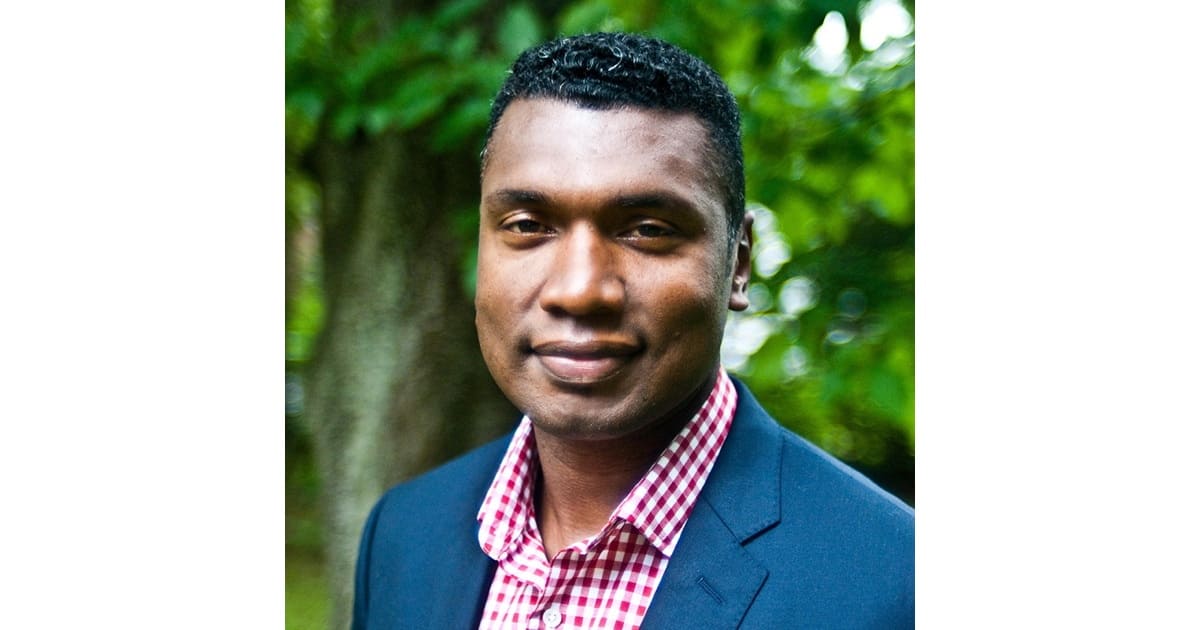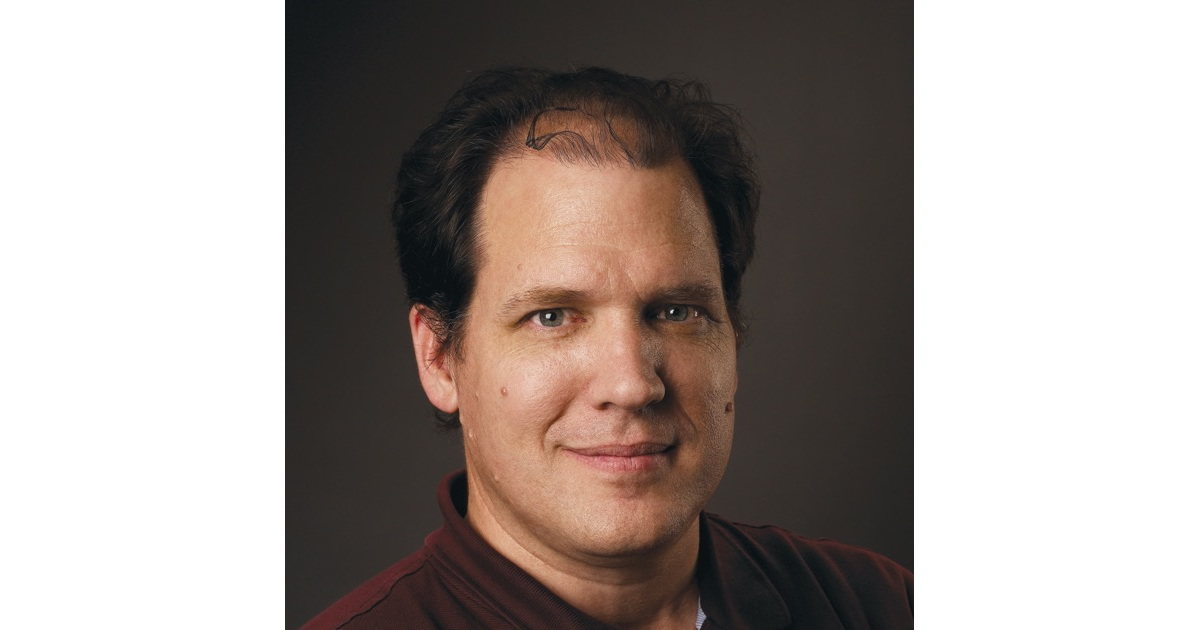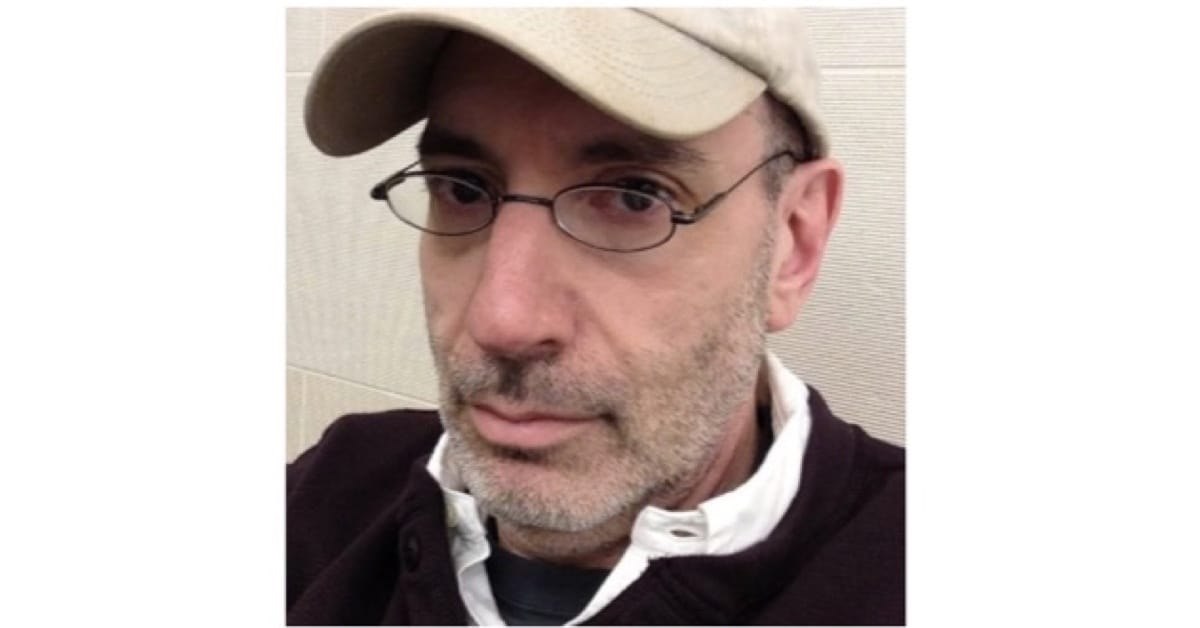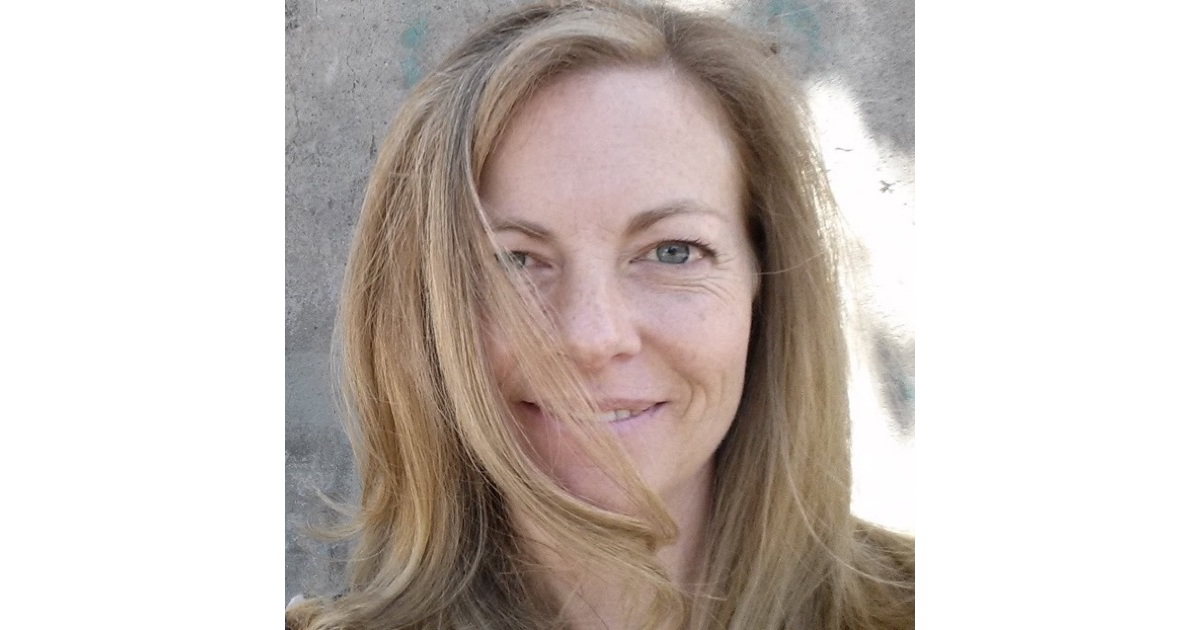John moves to the guest chair for a change and sits down with Charlotte Henry on her podcast Media+, where they discuss new shows on TV+.
Postdoctoral Research Fellow Dr. Jessica Hebert - BGM Interview
Dr. Jessica Hebert is a postdoctoral fellow in the Department of Anesthesiology and Perioperative Medicine at the Oregon Health & Science University. She earned a Ph.D. in Biology from Portland State in 2018. When not sciencing, Dr. Hebert is an international, award-winning public science communicator and an Science Communication Fellow at the Oregon Museum of Science and Industry.
Jessica got turned onto science watching Star Trek: Voyager with her father — along with reading the works of scifi author Robert Heinlein. While she pondered becoming a physician, she quickly realized her passion is biomedical research. We chatted about her Ph.D. work on the human placenta, and it was fascinating. She also shared some important details of preeclampsia. Jessica does science communication at the Oregon Museum of Science and Industry and is a member of the folk band, The PDX Broadsides. This is a wide-ranging, energetic, exciting interview.
TMO Contributor Kelly Guimont (#14) - BGM Interview
Kelly Guimont is a long-time podcaster, Contributor for The Mac Observer, the host of the Mac Observer’s Daily Observations podcast, and a tech support guru. In her 14th appearance, Kelly and I chat about our favorite streaming TV shows and movies of late.
As is our custom, we alternate. I open with a very positive review of the 2020 series The Right Stuff (Disney+). Kelly was up next with Penny Dreadful (Showtime). John then raves about the movie and then series Mystery Road. (Amazon). Kelly chimes in next with extreme praise for The Mandalorian S2/E1 (Disney+) and, later, an update on Lovecraft Country (HBO Max). John delves into the fabulous The Hundred-Foot Journey (Amazon) and scifi/romance Tuck Everlasting (Disney+). And there’s more! Join us as we explore together what’s great about these shows.
Former Apple Software Engineer David Shayer - BGM Interview
David Shayer worked as an Apple software engineer for 18 years. He worked on the Apple Watch, iPod, and Radar, Apple’s bug tracking system, among other projects. He was an independent Mac software developer for a decade, and clients included Apple, Microsoft, Symantec and the U.S. Navy.
David told about how he learned to program, some of which was on an Apple II and some on a Mac in the 1980s. He went on to tell me about how he was hired by Apple. Twice. The second time he worked on the iPod file system and database. In the process he learned how Apple products are designed, and that included some great stories about Steve Jobs, his design sense, and the iPod team’s interaction with Jobs. There were other fascinating Steve Jobs stories. We finished with his revealing article about how Apple OS software development works.
Archaeologist and Author Dr. Rebecca Wragg Sykes - BGM Interview
Dr. Rebecca Wragg Sykes is an archaeologist, writer and creative professional. She earned her Ph.D. in Archaeology from the University of Sheffield (UK) in 2010. She is the author of the just published book Kindred which is about Neanderthal life, love, death and art.
Dr. Sykes attributes her interest in Archaeology to “mucking around in the dirt in the backyard” as a child. But also her parents took her to historic sites on holidays. Then she started devouring books about the ancient Egyptians. By and by, she became keenly interested in the reality of life in the past. Rebecca humorously explained how “Archaeology is like Anthropology but for dead people.” In segment two, we explored her new book about the Neanderthals, and it was mesmerizing. For example, new findings have proven that there was interbreeding with Homo sapiens. There is much more in this delightful show.
Paleoanthropologist Dr. John Hawks - BGM Interview
Dr. John Hawks is a Distinguished Achievement Professor of Anthropology at the University of Wisconsin, associate chair, and undergraduate advisor. He earned his Ph.D. in Anthropology from the University of Michigan in 1999. His interests include Biological anthropology, Paleoanthropology, and Anthropological genomics.
John took us through the evolution of humans from a cultural and genetic viewpoint, starting about 3 milion years ago. In recent years there’s been an explosion in the fossil history of our ancestors that has greatly improved our understanding of Homo Sapiens. We spent some time covering the newest thinking about Neanderthals, including how Homo Sapiens interacted with them starting 100,000 years ago in Europe — and the mysterious disappearance of the Neanderthals. John provides fascinating details of our human evolution. Don’t miss this one!
Astronomy Professor Dr. Mario Juric - BGM Interview
Dr. Mario Juric is professor of astronomy at the Department of Astronomy of the University of Washington. He holds a Ph.D. in Astrophysical Sciences from Princeton University. His research is at the intersection of astrophysics and computer science and engineering: developing systems and algorithms for use with large data sets to answer questions about the Universe.
We chatted about how Mario was inspired to become an astronomer, and one notable name came up: James T. Kirk. That’s all it took. Oh, and also Isaac Asimov and Arthur C. Clarke. Most of the show, however, centered around two things: mapping our Milky Way galaxy and and his work on the Vera C. Rubin Observatory project, previously the LSST. Starting in 2021, this telescope will capture panoramic images of the entire visible sky twice each week for 10 years, building up our deepest, widest, image of the universe. The result: hundreds of petabytes of imaging data for close to 40 billion objects. One mission: planetary defense!
Best Selling Science Writer Steve Silberman - BGM Interview
Steve Silberman is an award-winning science writer, award-winning book author, public speaker, TED talk speaker, sometime record album producer, and a life-long Mac user. His writing on science, culture, and literature has been collected in a number of major anthologies including The Best American Science Writing of the Year and The Best Business Stories of the Year.
Early in his life, Steve fell in love with science fiction, especially the works of Ray Bradbury. Later, he studied under poet Allen Ginsberg and learned about both effective research and the power of language. We chatted about his early writing at Wired and The Well, and that led him to discover the deeper story of autism. The result was a major, influential article at Wired, then his important, award-winning book NeuroTribes .
Astrogator and CEO Mike Loucks - BGM Interview
Mike Loucks is the CEO of Space Exploration Engineering (SEE), which he co-founded in 1995. He received a BA in Physics/Astronomy from Whitman College, WA in 1985 and an MS in Aerospace Engineering Sciences from the University of Colorado in 1991. He co-founded SEE corp. in 1995 after working as an operations and trajectory planning expert for Orbital Sciences Corporation.
The NASA Apollo missions and science fiction by Robert Heinlein got Mike interested and space and astronomy. Early on, he pondered becoming an astronomer but later decided that aerospace engineering was his true passion. We chatted about the founding of SEE and his work there. Mike then told me about the kinds of computer and software tools he uses for orbital and celestial mechanics and the role Macs have played in his life. Mike finished with some great advice for students who want to pursue a career in aerospace engineering.
The Mac Observer Co-founder Dave Hamilton - BGM Interview
Dave Hamilton is the co-founder of The Mac Observer, publisher, and co-host of the legendary Mac Geek Gab (MGG) podcast, having done over 800 shows with our John Braun. He’s an Apple—and router—guru.
Dave and I opened the show with an extensive discussion of Apple succession planning. Who would replace CEO Tim Cook on an emergency basis? Who might succeed him when he retires? Who on the executive team is qualified? In segment II, Dave explained Wi-Fi 6 and its presence (and lack thereof) on various Apple products. That got us into new routers that support Wi-Fi 6. Finally, we looked at the ever-changing UI of Apple OSes, discoverability of features and the continuing need to remain practiced with each OS. As with his MGG, Dave is both informative and entertaining.
Ice Age Ecologist Dr. Jacquelyn Gill - BGM Interview
Dr. Jacquelyn Gill is an Associate Professor of Paleoecology and Plant Ecology, School of Biology, Ecology and Climate Change Institute, the University of Maine. Her research interests include: Paleoecology, community ecology, vegetation dynamics, extinction, climate change and biotic interactions. She received her Ph.D. in Paleoecology from the Univ. of Wisconsin.
An outdoor life, science fiction, cave exploration and a professor who taught her how to ask questions about what she saw in the natural environment laid the foundation for Jacquelyn’s interest in Nature and Ecology. She tells a remarkable, instructive story about how she got admitted to her Ph.D. program. Then we chatted about just what Paleoecology and Biogeography are as well as the effects of animal extinction, recovering extinct animals from DNA, ecological models, and recovery from bad ecological trends. Jacquelyn is spellbinding in her description of her work.
TMO Contributor Kelly Guimont (#13) - BGM Interview
Kelly Guimont is a long-time podcaster, Contributing Editor for The Mac Observer, the host of the Mac Observer’s Daily Observations podcast, and a tech support guru.
In her 13th appearance, Kelly and I chat about our favorite movies and TV shows of late. I open segment #1 with a rave review of the series Warrior Nun (Netflix). Kelly has seen all 10 episodes too, and also gives it a thumbs up. John then reviews the documentary series Still Standing. (Amazon). Kelly tells us, with enthusiasm, about Bill and Ted Face the Music (iTunes) and Lovecraft Country (HBO). In turn, John delves into a critical review of Upload (Netflix). And there’s bonus material. Join us as we explore together what’s great (and not so great) about these shows.
TMO UK Associate Editor Charlotte Henry (#7) - BGM Interview
Charlotte is the Mac Observer’s UK Associate editor, based in London. A self described media junkie, she has also written for City A.M. (London’s daily business tabloid,) Computer Business Review, and The Times, amongst others. She is also a book author.
In this episode, Charlotte and I explore several streaming TV topics. We open with how Apple has built a coherent ecosystem that pleasantly entices customers to engage and stick with Apple TV+. Namely, strong content, theatrical releases such as Greyhound, services bundling, contingency bundling and quality content for kids. In part II, we explored research data from Reelgood that reveals how customers mix their streaming TV services. Reelgood published a fascinating, informative chart that we analyze. One upshot is that the newbies face an uphill battle. Charlotte knows her stuff, and it shows in this episode.
Astronomy Professor Dr. Emily Levesque - BGM Interview
Dr. Emily Levesque is a professor in the University of Washington’s astronomy department. Her research program is focused on improving our overall understanding of how massive stars evolve and die. She received her bachelors in physics from MIT and a Ph.D. in astronomy from the University of Hawaii.
Emily knew she wanted to be an astronomer from the moment she saw Halley’s comet in the night sky as a child. As an undergraduate at MIT, she was already developing a technical interest in massive stars, the focus of her career. And so we explored massive stars in some detail: formation, evolution and the final fate for many: supernova. Is Betelgeuse, in our own stellar backyard, about to go supernova? Emily weighs in. We finished with a discussion of her new book The Last Stargazers.. It shares the tales and experiences of astronomical observing. And, finally, spiders and lasers.
Tidbits Managing Editor Josh Centers (#7) - BGM Interview
Josh Centers is the managing editor of TidBITS, as well as the author of many Take Control Books: Notes, Home Automation, Apple TV, co-author of Take Control of Preview. He also published Take Control of iOS 13 and iPadOS 13. And he’s recently joined The Prepared as an editor.
In his seventh appearance on the show, Josh explored the new faetures of iOS 14 and what he likes most—as he prepares for his forthcoming Take Control book. The App Libraries feature was at the top of his list. In segment two, Josh and I discussed a major, impressive research article he recently wrote about the often contentious relationship between developers and Apple and its handling of the App Store. We finished with thoughts on a next gen Apple TV 4K.
Physics Professor Dr. Brad Marston - BGM Interview
Dr. Brad Marston is a professor of physics at Brown University and Associate Director of the Brown Theoretical Physics Center. A graduate of Caltech, he received his Ph.D. from Princeton University and did postdoctoral work at Cornell University. Brad is an Alfred P. Sloan Fellow and is also an Apple developer.
Brad and I chatted about his computational and theoretical physics career. At Caltech, he attended physics classes taught by two of his heroes, the legendary physicists Dr. Richard Feynman and Dr. Kip Thorne. There, he developed his interest in quantum physics and computational models. Later, when he left Sun workstations behind, he adopted the UNIX-based Mac and Xcode as his tools of choice. That’s what he used to build his visual climate model, GCM, already compiled for Apple Silicon. Tune in and geek out with me and this amazing physicist and Mac guru.
H.S. Principal Dr. Amy Fast - BGM Interview
Amy Fast is a high school principal in the McMinnville School District in Oregon. She holds a Ed.D. degree. Previously, she’s been an elementary teacher, instructional coach, and assistant principal. She is also an education commentator and author of the book, It’s the Mission, Not the Mandates.
After a brief overview of Amy’s career and a discussion of her book, we dug into the issues facing educators amidst the COVID-19 pandemic. We covered planning for remote vs. in-person classes, the technology of remote classes, teacher concerns about in-person class safety, funding for cleaning, effectiveness of remote teaching, mental health issues, and long-term changes to education in the post-pandemic era. Parents with schoolchildren and educators will find this interview enormously helpful.
IT Security Manager, NIST, Bob Gendler - BGM Interview
Bob Gendler is an IT Specialist in the Apple world and a Jamf guru. He holds a B.S. degree in Information Technology from the Rochester Institute of Technology. He is now part of the Mac Management team at NIST, the National Institute of Standards and Technology, in Washington, D.C.
From a very early age, Bob fell into the world of Apple starting with an Apple IIgs and, as a teenager, a Power Mac 6100. Quickly, as an undergraduate, his specialty became system administration, and, later, that served him well landing the job at NIST. Bob filled me in on his latest project, the “macOS Security Compliance Project,” and the security problem the community faced with macOS. Basically, the new GitHub project leverages a library of scriptable actions which are mapped to compliance requirements in existing security guides or used to develop customized guidance. Bob nicely explains this crucial tool, his team, and who would benefit.
TMO Contributor Kelly Guimont (#12) - BGM Interview
Kelly Guimont is a long-time podcaster, Contributing Editor for The Mac Observer, the host of the Mac Observer’s Daily Observations podcast, and a tech support guru.
In her 12th appearance, Kelly and I chat about our favorite movies and TV shows of late. I open segment #1 with an extended review of the Tom Hanks movie Greyhound (Apple TV+). Next we turn to a Kelly favorite Black Monday (Showtime). I then talk about two favorite murder mystery TV shows Death in Paradise S9 (Amazon) and The Mentalist (Amazon). Kelly tells us about Romancing the Stone (DVD) and Billions (Showtime). Join us as we explore together what’s great about these shows.
Physics Professor and Jazz Musician Dr. Stephon Alexander - BGM Interview
Dr. Stephon Alexander is a theoretical physicist specializing in cosmology, particle physics and quantum gravity (String Theory and Loop Quantum Gravity). He received his BSc from Haverford College and Ph.D. from Brown University. He also explores interconnections between music, physics, mathematics and technology though recordings, performance, teaching and public lectures.
Stephon tells his story about growing up in the Bronx amidst a very diverse group of students. Encouraged by his parents and teachers, he showed great curiosity and intelligence. Still, as person of color, he faced many challenges as he worked towards his Ph.D. We chatted about the mind of the physicist, physics intuition, music, the role of mathematics, String Theory and Loop Quantum Gravity as well as events before the Big Bang. If you are a young student, dreaming of becoming a physicist, this show is a must – full of inspiration and insights.
Partner, Many Tricks Software Rob Griffiths - BGM Interview
Rob Griffiths worked for Apple (1990-95), founded macosxhints.com in 2000, went on to write for Macworld Magazine, has done some podcasting, and is currently a partner at Many Tricks Software, makers of great Mac utilities such as Moom, Witch and Name Mangler.
Rob recalled his early years with the T.I. Silent 700, Commodore PET, and Apple II. At Colorado State University, Rob realized programming was not for him and followed a business track. Later, after graduate school, he landed a job with Apple. We chatted about his career, moving on to great years at Macworld Magazine, and then his current partnership at Many Tricks Software. We then delved into WWDC 2020, challenges as an Apple developer, the transition of Macs to Apple Silicon, and the evolution of macOS as a partial touch-screen OS. Good stuff here!
Former Apple Senior Director Michael Gartenberg (#11) - BGM Interview
Michael Gartenberg spent three years as Apple’s Senior Director of Product Marketing, reporting directly to SVP Phil Schiller. He is currently a freelance writer and has become a regular guest here on Background Mode. This BGM Interview is his 11th appearance.
We explored the WWDC 2020 Keynote in detail. We started with the production values and layout and how some elements of this new kind of presentation might show up in future events. Then we turned to the Mac on Apple Silicon transition and some of the considerations for users. Later, there was a healthy discussion of iOS 14, Scribble and then macOS 11 Big Sur’s design language and how that differs from the nature of the Mac for UNIX users. Michael always delivers keen insights on how Apple markets its products and always helps us better understand the WWDC Keynote.
Science Communicator Dr. Kiki Sanford (#9) - TMO Background Mode Interview
Dr. Kiki Sanford makes her ninth appearance on Background Mode. Kiki is a neurophysiologist with a B.S. in conservation biology and a Ph.D. avian neurophysiology from the University of California. She’s a popular science communicator and creator/co-host of This Week in Science (TWIS) podcast and radio show.
In this episode, we spend the first segment clearing up some confusion about COVID-19. Mask theory of use, the value of lockdowns, how the U.S. is doing compared to Europe, how blood type affects the body’s response, presymptomatic vs. asymptomatic, and what we know about how the virus survives on surfaces. In part II, we discussed how computer neural networks trained to learn like developing human brains also need something akin to sleep. Also, how dogs have a genetic desire to save their owner from trouble. And more. As always, Kiki is delightful as she makes science both fun and interesting.
TMO UK Associate Editor Charlotte Henry (#6) - TMO BGM Interview
Charlotte is the Mac Observer’s UK Associate editor, based in London. A self described media junkie, she has also written for City A.M. (London’s daily business tabloid,) Computer Business Review, and The Times, amongst others. Her new book is: Not Buying It.
In this episode, Charlotte and I dig deep into Apple TV+. We look at its current market share and growth potential based on a zero sum game, the possible addition of live sports, and a customer satisfaction survey. In passing, Charlotte believes that the naming conventions Apple has used for its Apple TV hardware and software have created a giant mess of customer confusion. We explored some new shows and also examined the character of Apple TV+ content compared to other streaming TV services.



